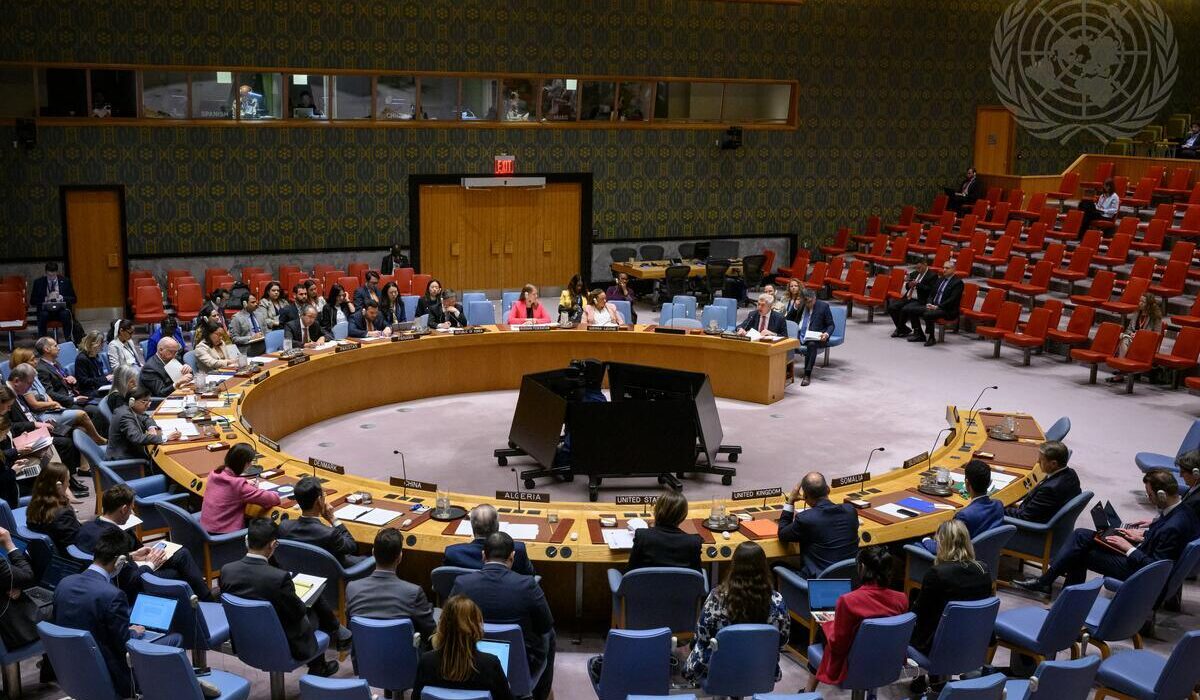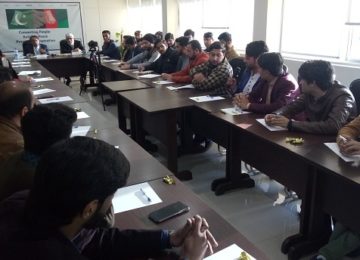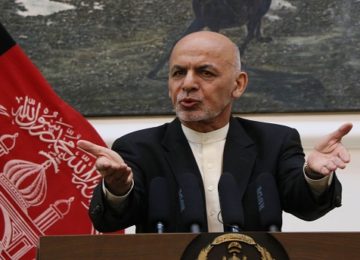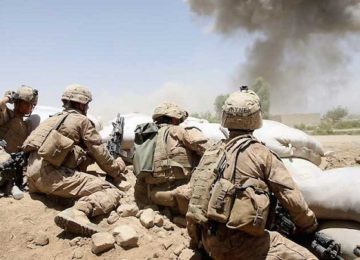UNITED NATIONS — Diplomatic representatives of Afghanistan have strongly criticized a new United Nations initiative concerning the country, calling the proposal “irresponsible” and unrepresentative of the Afghan people.
The criticism centers on elements of the UN’s so-called “Mosaic Plan,” which includes provisions for lifting sanctions on the Taliban, granting the group access to frozen Afghan assets, and potentially transferring control of Afghan diplomatic missions — including its seat at the United Nations — to the Taliban as part of broader political engagement.
Afghanistan’s representatives to the United Nations in New York and Geneva, who were appointed prior to the Taliban’s return to power in 2021, have pushed back firmly. Nasir Ahmad Andisha, the ambassador in Geneva, dismissed the proposal as the product of “one or two individuals with Stockholm syndrome” in the Kabul office of the UN Assistance Mission in Afghanistan (UNAMA), rather than a plan endorsed by Afghans, regional neighbors, or G7 nations.
“This is not a proposal for the Afghan people,” Mr. Andisha said, adding that the framework falsely presents the G7 and the Taliban as two equal parties to a national issue, sidelining Afghans themselves. “Nothing can be imposed without consultation and consensus.”
Echoing that view, Nasir Ahmad Faiq, the acting head of Afghanistan’s permanent mission to the UN in New York, warned UNAMA not to speak on behalf of the Afghan people without legitimacy or consent. “Any framework aimed at granting concessions or normalizing relations with the Taliban—especially those drafted without transparency, enforcement mechanisms, or meaningful change in Afghanistan’s political and social situation—will not be acceptable to the Afghan people,” he said.
The backlash comes amid reports that the Mosaic Plan is being developed through closed-door consultations involving the Taliban and member states of the so-called Doha process — without the participation of Afghan civil society, democratic actors, or women’s representatives.
Taliban officials, including Suhail Shaheen, the group’s nominee for Afghanistan’s UN seat and current representative in Qatar, have welcomed what they describe as talks about transferring the seat to them.
Women’s rights groups and protest movements have also condemned the initiative, accusing the United Nations of negotiating Afghanistan’s future behind closed doors. “There is no space for other voices,” one activist group said in a statement. “Women are being excluded.”
Human Rights Watch has also criticized the process, saying the Taliban’s demands — particularly their push for diplomatic recognition — are incompatible with international norms and that UNAMA appears to be accommodating them in secret.
For nearly four years, Taliban have refused to meet global demands for an inclusive government and basic human rights protections. Yet they have repeatedly sought international recognition and control over Afghanistan’s UN representation — an objective they have revived under the Mosaic framework.
SOURCE : AMU TV








